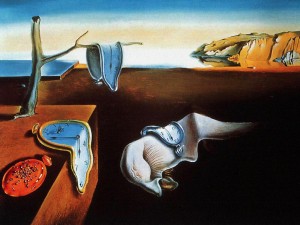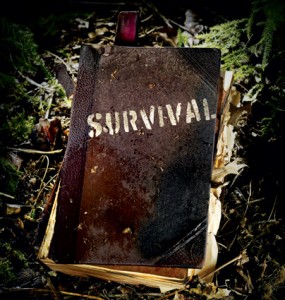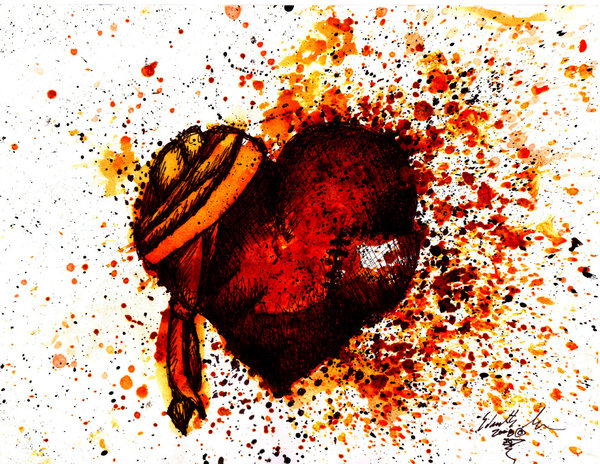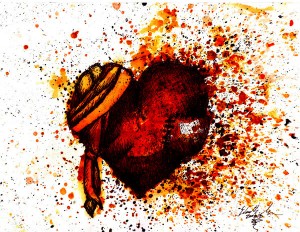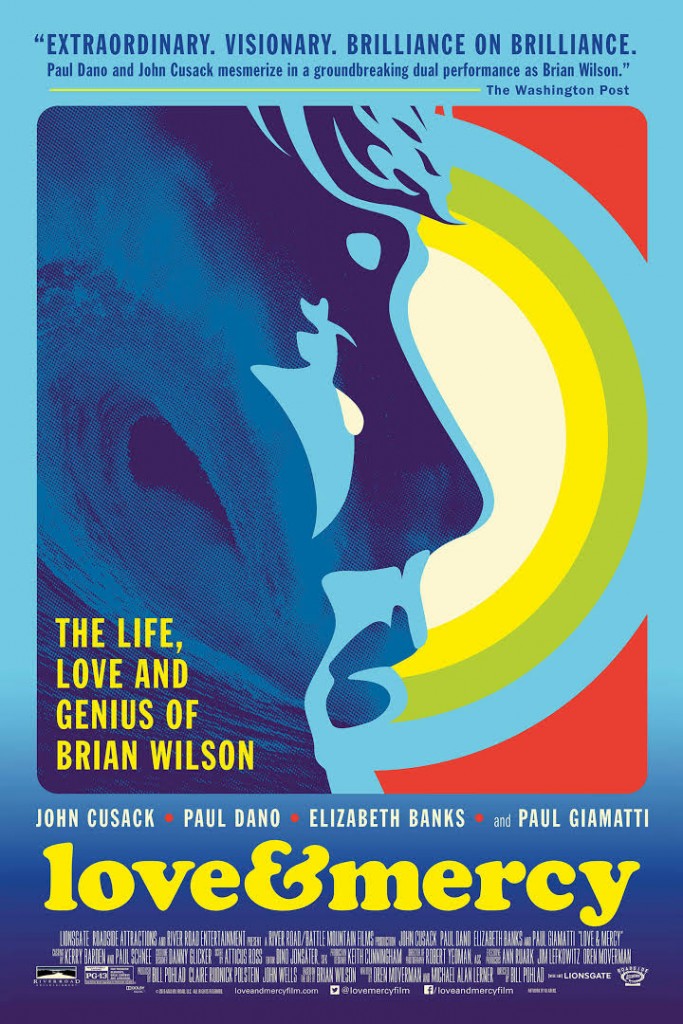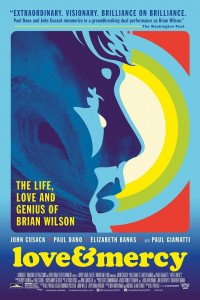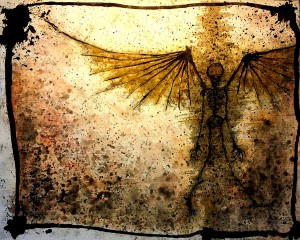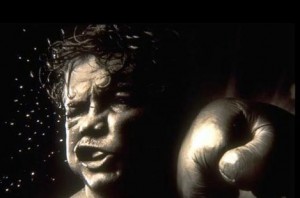I wasn’t in New York City the day the Twin Towers fell. I know many people who were, and they have the scars and stories to show for it. My 9/11 experiences are not heroic or even all that dramatic. But they are case studies in personal growth.
It was a terrible day, but I’d like to think we all learned something positive about how to live in the aftermath. This is simply my personal measuring stick.
“Sept. 11, 2001”
Everyone remembers where they were and what they were doing on Sept. 11, 2001. This post is my own account.
“Songs That Mattered After 9-11-01”
Like so many other times in my life, music made the difference between sanity and insanity. I focus a lot on the metal. But in the weeks after 9/11, I turned to a broader group of musicians to help me along. They did their jobs well, helping us all see that it was OK to go on living.
“Flying on September 11”
One of my biggest moments of shame came a week after September 11, 2001, when I scrubbed a planned trip to Arizona for a relative’s wedding. I was terrified to get on an airplane and fear won out. Not only did I miss an important day in a loved one’s life, I also deprived my wife of the same thing. I didn’t want her flying, either.
“TV News and Depression: How I Learned To Turn It Off”
I find myself increasingly outraged at what I see on the TV news channels. I’m not talking about the news itself, but the way it’s presented with loud graphics, dramatic music and louder newscasters. Those feelings started on 9/11.
“9/11 Lessons: We Rise Again”
As we take time to remember those we lost on 9/11, let’s also remember what we’ve held onto.
“I Didn’t Know Danny Lewin, But I’m Grateful for Him”
As an Akamai Technologies employee, I practically inhaled Molly Knight Raskin’s book, No Better Time: The Brief, Remarkable Life of Danny Lewin, the Genius Who Transformed the Internet. It’s a spectacular look at the history of the company and the experience of losing Lewin on 9/11.
“A 9-11 Obsession”
It happens every time the calendar rolls into September. I start watching documentaries about 9/11 and can’t stop.
“9-11-01 Jumpers: A Suicidal Mystery”
I remember the photo well: a man falling to his death in a zen-like pose that haunted me for a long, long time. It haunted us all.


